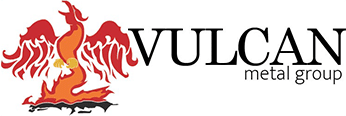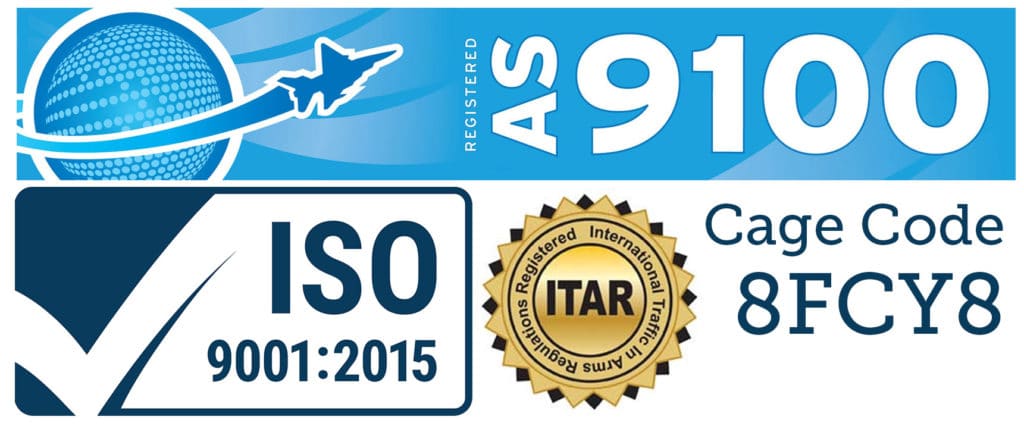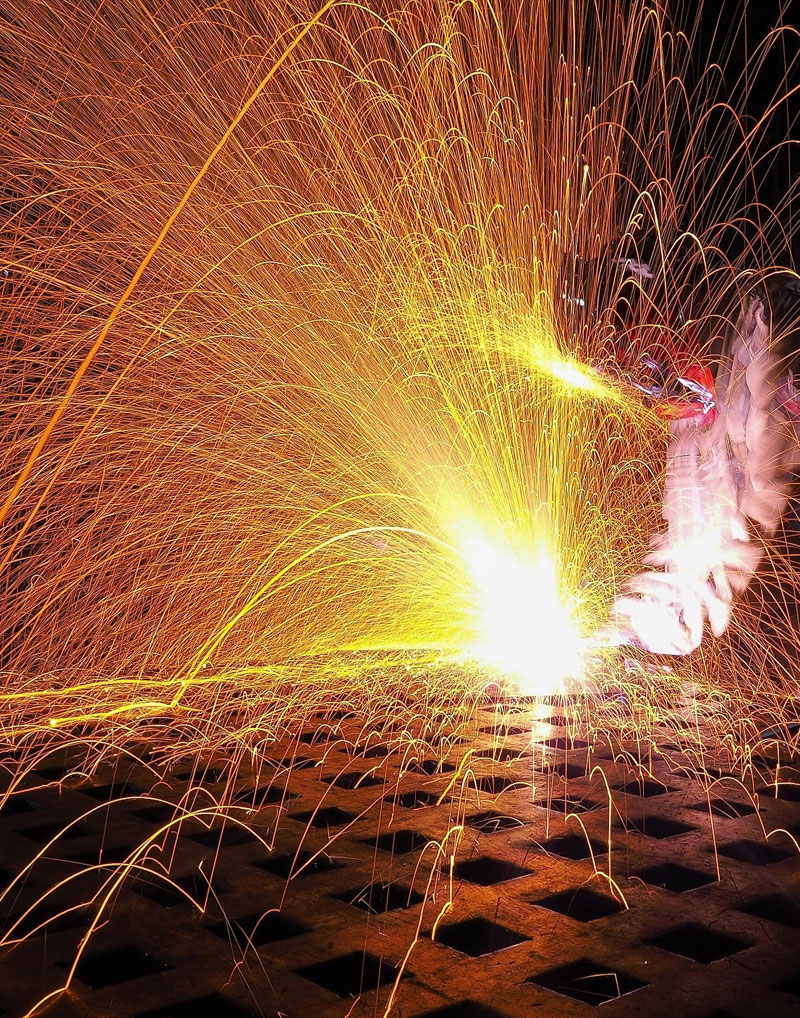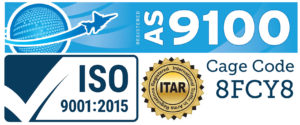Four Things to Know About Molybdenum Before You Source Parts
For a number of applications in aerospace, defense, energy, and medical diagnostics, molybdenum offers an ideal combination of high performance and practicality. Key characteristics include:
- A melting point of 4753°F (2620°C) and a peak working temperature of about 3565°F (1965°C)
- Excellent material strength at high temperatures: tensile strength of about 14,000 psi at 2200°F (1200°C), for example.
- High thermal conductivity: can be quenched from very high temperatures without cracking
- Low vapor pressure: minimal outgassing even in hard vacuum
- Low coefficient of thermal expansion (CTE): exceptional dimensional stability for applications involving temperature swings
- Corrosion resistant: good for harsh environments
These properties combine to make molybdenum a good fit for high temperatures, hard vacuums, and applications requiring strong, lightweight metals. The trade-off is that molybdenum has several pitfalls that can trap the unwary. Let’s take a look at what you need to know about this highly useful material.
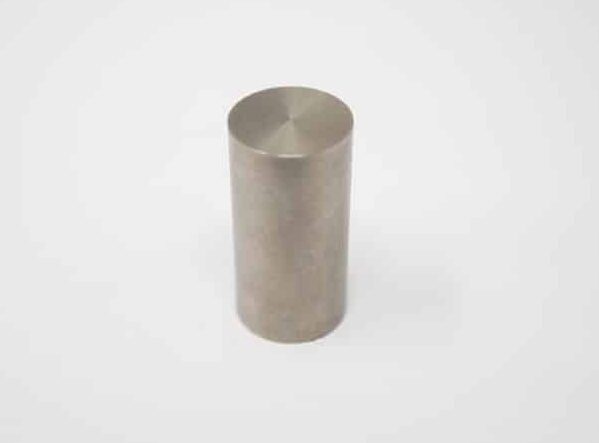
Molybdenum is brittle
Commercial molybdenum is produced by compressing and sintering the powdered metal to create an ingot. At this point, the individual grains are randomly oriented and impurities migrate to the grain boundaries, resulting in a material that is very hard but also very brittle. Annealing the ingot improves ductility. The transition temperature between brittle and ductile is at about 100°F (38°C). Once the bulk molybdenum is heated to this point, the individual grains begin to lengthen and become oriented and tightly interlocked. The material remains somewhat ductile even at room temperature. If molybdenum is heated above its recrystallization temperature of 1850°F (1010°C), whether by the processor or during use, then the grain boundaries reform, grain orientation randomizes, and the material will become highly brittle if returned to temperature. Even properly annealed molybdenum remains somewhat brittle at room temperature. The solution is to heat the metal to at least its transition temperature or while working it. This requires ovens and special handling equipment next to the machine tools, as well as staff with the expertise to handle superheated metal without harming themselves, the equipment, or the parts. Failure to reach the transition temperature, for example, can lead to cracking during some operations.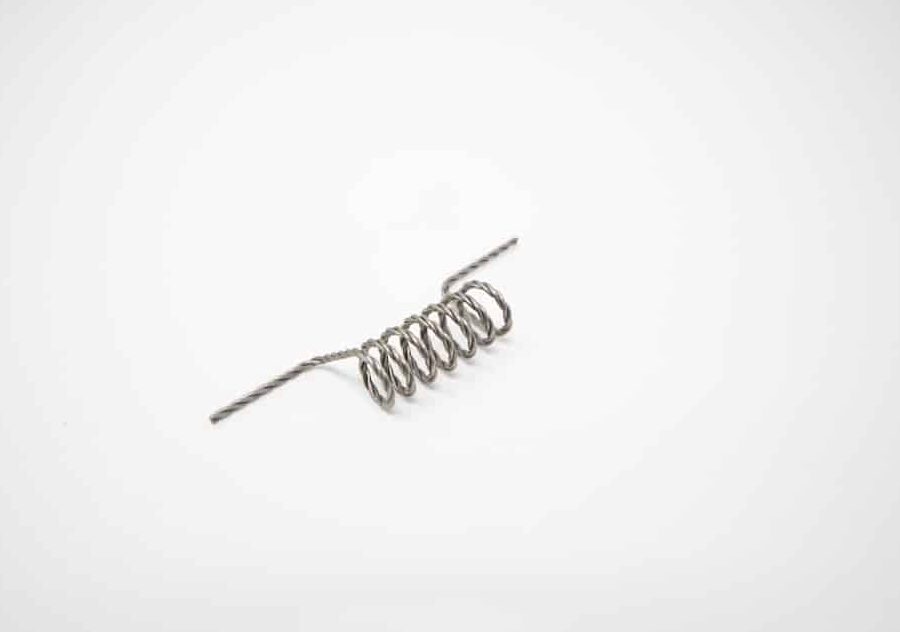
Molybdenum dulls tools fast
Although the hardness of molybdenum is one of its advantages, that same hardness causes machine tools to lose their edges more rapidly. When dull tooling is applied to molybdenum, the brittleness of the molybdenum causes it to delaminate and chip, potentially destroying the work piece. Working with sharp edges is essential. Most machine shops can sharpen tooling. The challenge with molybdenum is the frequency involved. Machining a piece of aluminum might require three stops for sharpening. Machining the same part in molybdenum might require 20 stops, or 7X as much time. And if the machinist doesn’t recognize when the tool is getting dull, the result can be a chipped part, a broken tool, or both.Molybdenum often needs non-traditional cutting tools
One of the ways to avoid the sharpening dilemma is to use alternative methods such as water jet cutters, lasers, or electrical discharge machining (EDM) cutting tools. These tools are effective but not every machine shop has the equipment — or the expertise to run it well enough to reliably turn out small and or complex higher-precision parts.Molybdenum can be challenging to source
COVID exposed the fragility of our global supply chain, which has yet to return to the speeds and levels of reliability that we once took for granted. It’s beginning to appear that the days of just-in-time sourcing are gone. As a specialty material, molybdenum now has very long lead times. Don’t assume that every organization listing molybdenum on their website can deliver the volumes and material grades desired.Find the right machine shop
Sourcing molybdenum parts takes more than just writing a specification and picking up the phone. Look for an organization with a deep understanding of the material born of long experience. They should have specialized equipment and expert in-house staff with a track record of machining molybdenum. They need to be certified to relevant quality management systems such as AS9100 for aerospace applications. Finally, they need an established supply chain to reliably support your needs.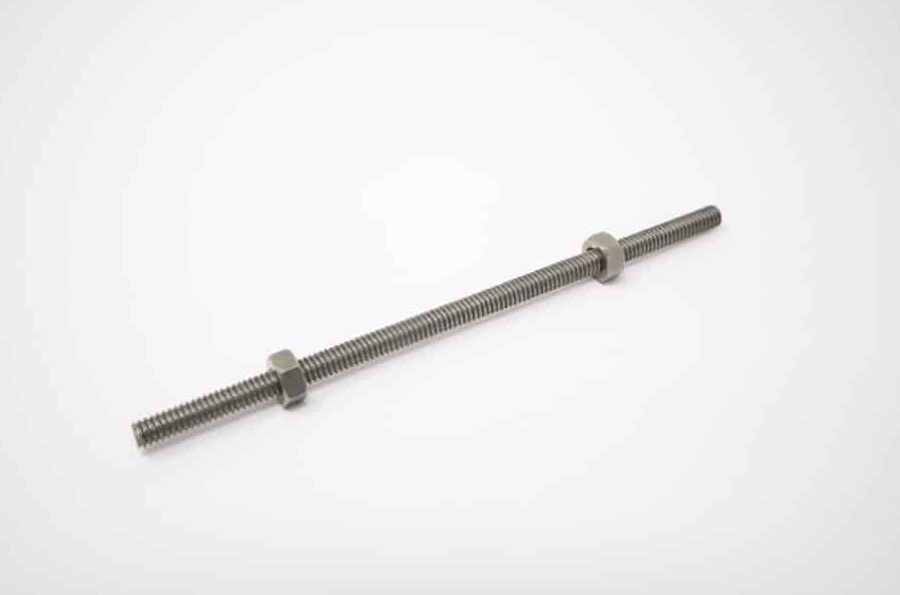
Vulcan Metal Group: More Than Just Metals
Take Your Next Specialty Metals Project to Vulcan
- Staff with decades of aggregate experience with molybdenum and other specialty metals
- Inventory of high-quality molybdenum, plus a robust supply chain
- Precision machining to tight tolerances
- Finished and semi-finished parts to print
- Millimeters to meters in size
- Capabilities include thread rolling, turning, milling, sharing, and wiring EDM
- No minimum on materials and/or machining
- ISO 9001:2015 and AS9100:2016 registered

we offer CNC milling, machining and manufacturing services
If your component is ready to scale, we can help with by moving your prototype to mass production. Vulcan Metal Group specializes in CNC milling, machining and manufacturing short run specialty metal parts.
Whether you need one part or a hundred, we can help deliver to-spec CNC milling, turning and other machining to make sure your project stays on track and on budget.
Address
Vulcan Metal Group LLC
23888 Madison Street
Torrance, CA 90505
United States
Phone / Fax
Phone: +1 310.882.6841
Fax: +1 310.893.0579
Cage Code
8FCY8
Quality Policy: Vulcan Metal Group, LLC. supplies mission critical, special purpose materials, and products at a competitive price. The company’s quality system is registered to ISO 9001 and AS9100 and follows its principles for the governance of the business. An active continual improvement program and compliance with all applicable OSHA, federal, and state regulations is maintained.
